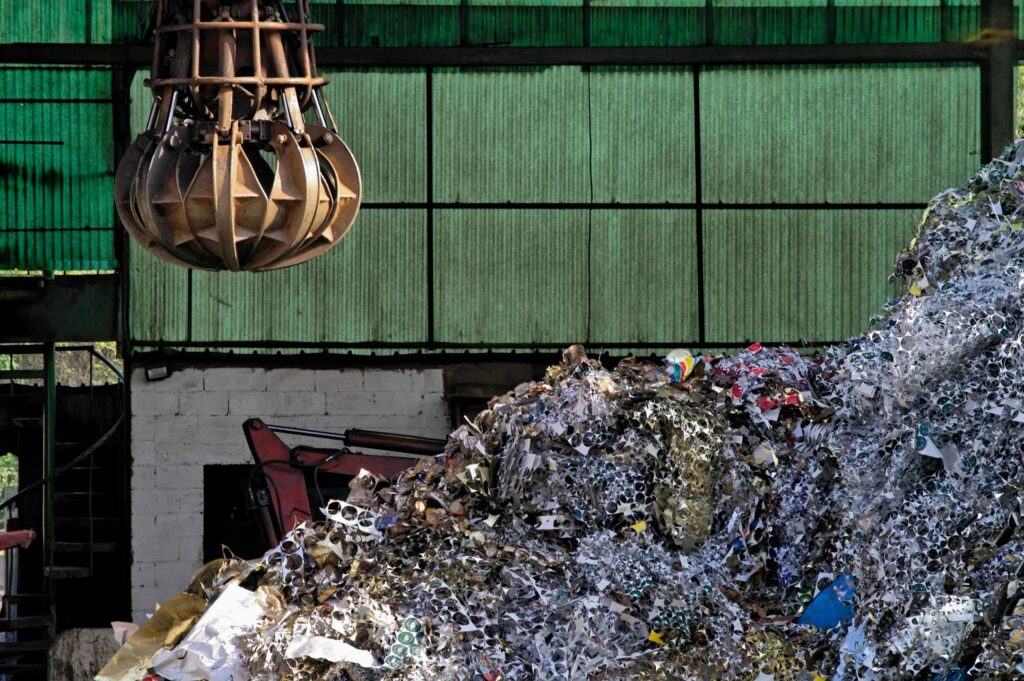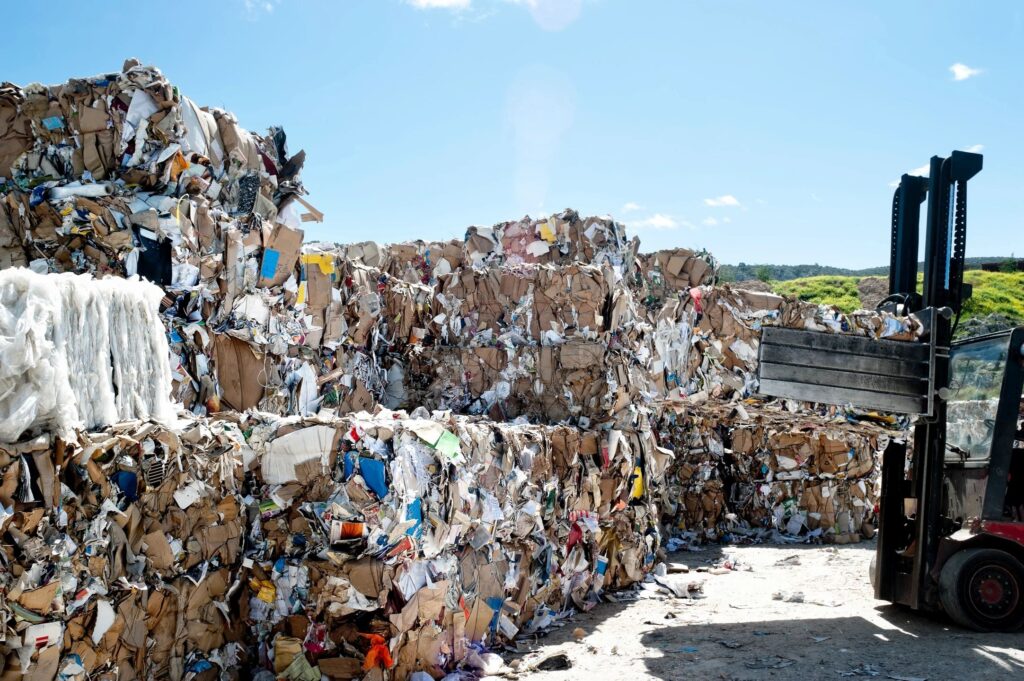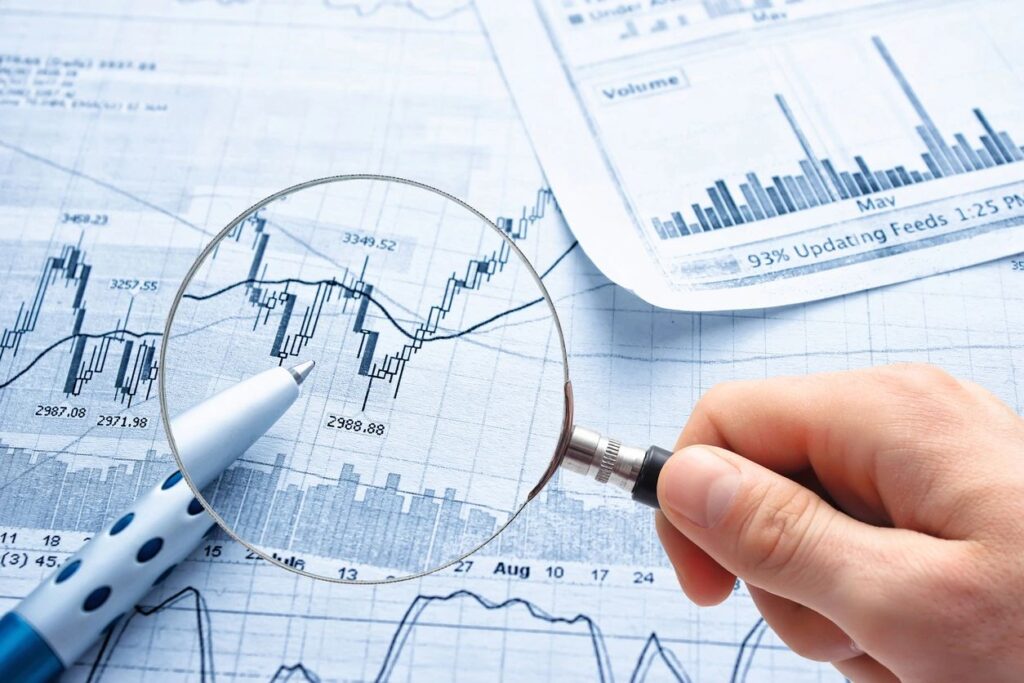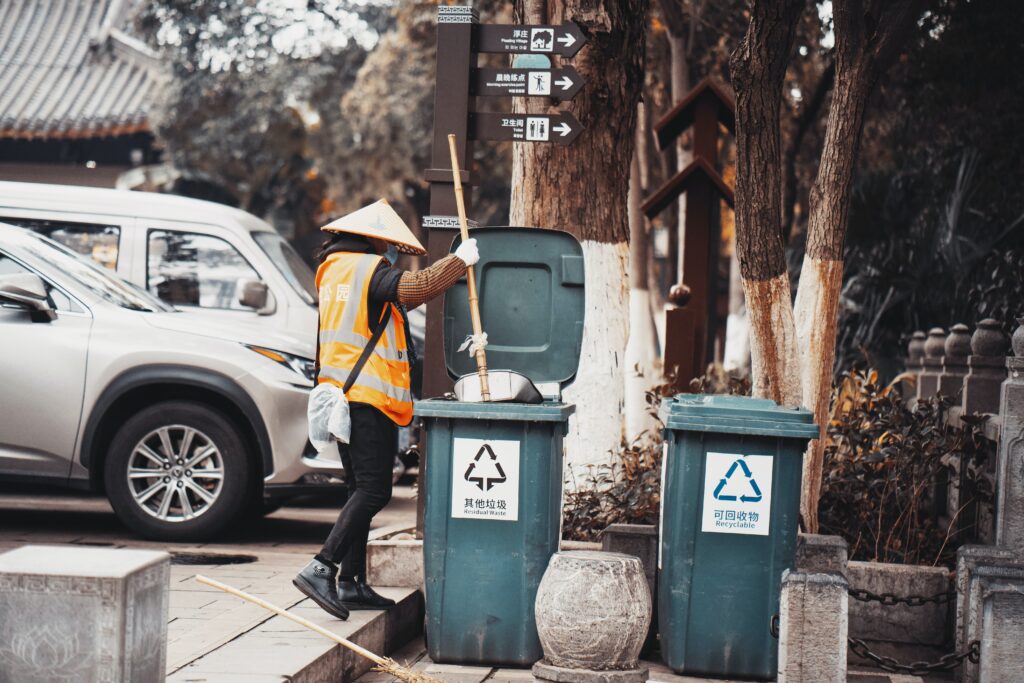Municipal Collection

Municipal Collection is an essential foundation for any successful waste management system, providing dedicated collection points and/or door-to-door collection services. TARGET USERS: Individuals, Businesses, Industry, Government KEY CONSIDERATIONS: Waste collection and transportation are large cost sinks in municipal solid waste management, and can account for up to 90% of total disposal costs in developing countries […]
Waste Wise Cities Tools

The Waste Wise Cities Tool provides an image of waste flows and amounts in a city, collecting data on waste generated, collected and managed in controlled facilities. TARGET USERS: Individuals, Businesses, Industry, Government KEY CONSIDERATIONS: The Waste Wise Cities Tool is based on the monitoring methodology for waste SDG indicator 11.6.1. Key interventions areas are […]
Plastic Disclosure Project

The Plastic Disclosure Project provides tools to stakeholders that enable them to manage and reduce their plastic waste by measuring and understanding their plastic footprint. TARGET USERS: Businesses, Industry, Government KEY CONSIDERATIONS: The Plastic Disclosure Project is a voluntary initiative that does not mandate public disclosure of survey findings, but rather publishes findings only at […]
City Action Plan

A City Action Plan addresses a wide range of short and long-term measures, with the aim of preventing plastic from entering the environment, waterways, and ultimately, the ocean. TARGET USERS: Government KEY CONSIDERATIONS: A well-developed City Action Plan on plastic requires a holistic approach that identifies target problems, engages local stakeholders and implements solutions. MORE […]
Citizen Science

Citizen science – the involvement of the public in scientific research – is a cost-effective way to gather data over a large geographical area, while simultaneously raising public awareness of the environmental impacts of plastic waste. TARGET USERS: Individuals, Government KEY CONSIDERATIONS: Ordinary citizens can tackle complex challenges by conducting research on large geographic scales […]
Controlled Disposal Facility

Controlled disposal facilities are considered the last available option for material disposal. TARGET USERS: Businesses, Industry, Government KEY CONSIDERATIONS: The increasing awareness on public health andenvironmental quality concerns are expected to provide the impetus that is needed to develop and implement a sustainable approach to manage solid wastes andrehabilitation of the existing open dumps. MORE […]
Mechanical Recycling
Mechanical recycling is the processing of plastic waste into secondary raw material without significantly changing the chemical structure of the material. TARGET USERS: Industry, Government KEY CONSIDERATIONS: Transitioning to a circular economy that retains plastic in its highest value condition is essential to reduce environmental impacts, promoting reduction, reuse, and recycling. MORE INFORMATION: https://onlinelibrary.wiley.com/doi/10.1002/marc.202000415 THE […]
Blended Financing

Blended finance is an approach that blends scarce public concessional funds with private sector commercial capital to realize innovative, high-impact infrastructure projects that do not yet have a commercial track record. TARGET USERS: Individuals, Businesses, Industry, Government KEY CONSIDERATIONS: Blended finance helps rebalance investors’ risk-return profiles and allows the leveraging of public funds to crowd in private sector […]
Waste Worker Inclusion

Waste Worker Inclusion into the formal waste management system recognizes the value these workers bring to the local economy, particularly waste collection and recycling sectors, and supports their health and safety so they can sustain their livelihoods. TARGET USERS: Individuals, Businesses, Industry, Government KEY CONSIDERATIONS: Today, there are an estimated 15 million waste pickers who remove 15-20% of […]